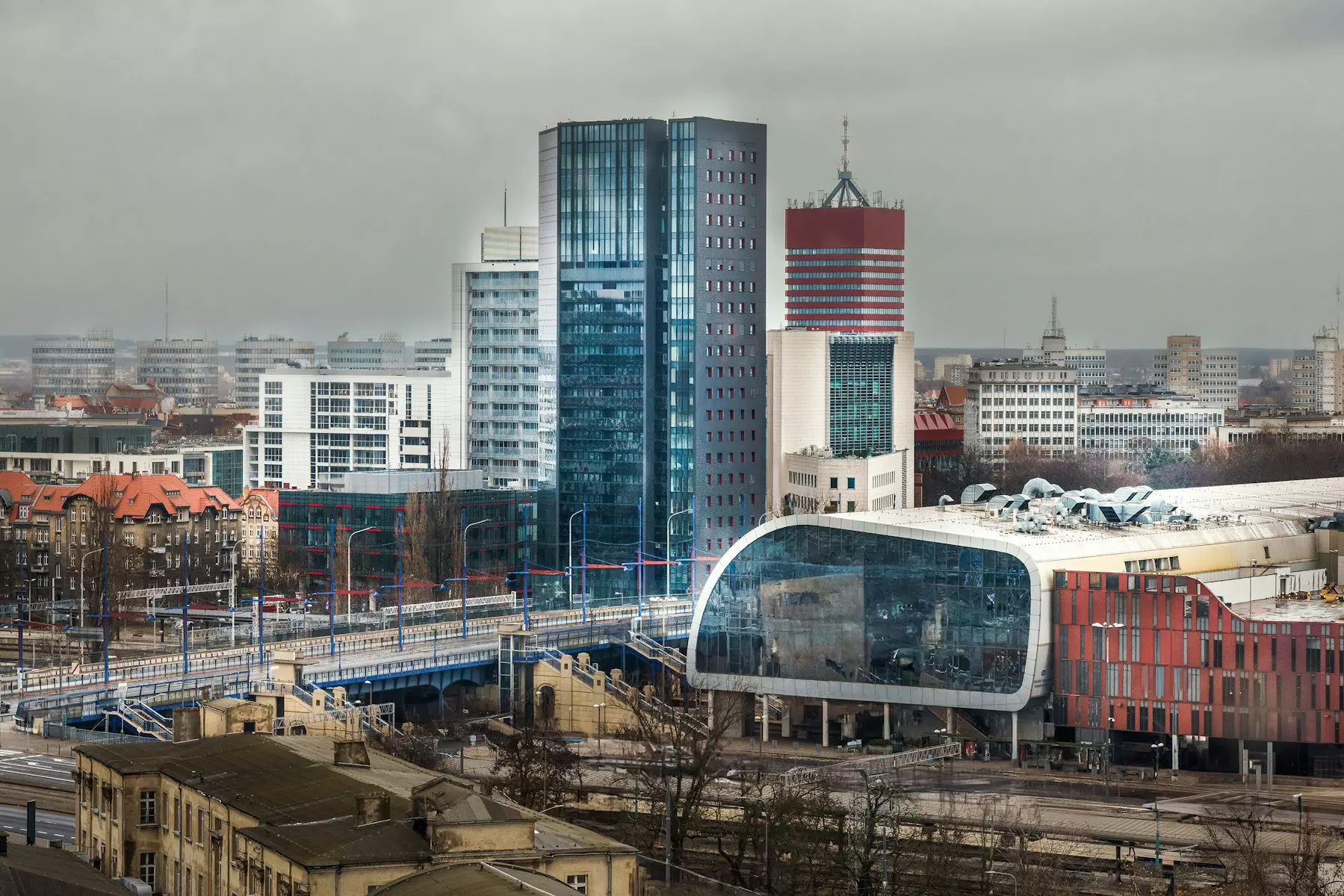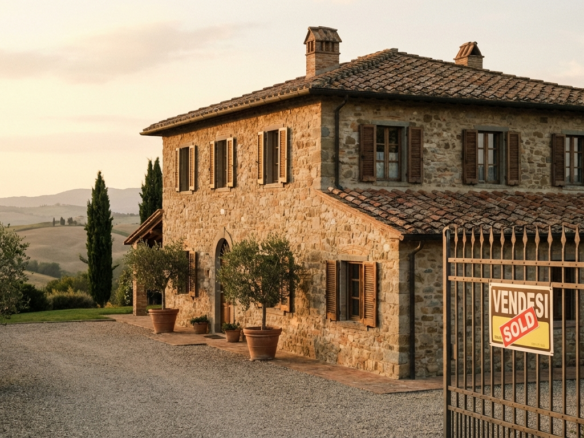As European cities continue to evolve, the living landscape is undergoing significant transformations driven by a combination of economic, demographic, and social factors. Recent analyses reveal crucial insights into these trends, showcasing how urbanization, lifestyle preferences, and sustainability are shaping the real estate market.
Get 50% OFF!
Subscribe to our newsletter and enjoy a 50% discount on all listing packages, no strings attached!

Urbanization and Population Growth
Urbanization remains a dominant factor influencing the demand for residential properties across Europe. According to JLL’s latest insights, over 75% of the European population is expected to reside in urban areas by 2050. This shift is prompting cities to expand and adapt, leading to increased demand for housing, particularly in metropolitan centers. Cities such as Berlin, Paris, and Amsterdam are witnessing an influx of residents seeking not only homes but also lifestyles that embody connectivity and vibrancy.
Preferences for Flexible Living Solutions
The rise of remote work has altered how individuals perceive their living spaces. Post-pandemic, there’s a growing preference for flexible living arrangements, with amenities that cater to hybrid working conditions. Investors are now prioritizing properties that offer communal workspaces, high-speed internet, and quick access to leisure facilities. This trend is particularly evident in younger demographics, who are increasingly seeking rental solutions that accommodate their dynamic lifestyles.
Sustainability: A Non-Negotiable Priority
Sustainability has firmly taken its place at the forefront of residential development in Europe. With the European Union committing to climate neutrality by 2050, a significant emphasis is being placed on green building practices. The demand for sustainable residences is not merely a niche but has become a standard expectation among consumers. JLL reports that properties with energy-efficient features are seeing premium pricing and reduced vacancy rates, highlighting the importance of eco-friendly developments.
Economic Factors Influencing the Market
Economic conditions, including inflation and interest rates, are continuously impacting housing markets. In recent months, rising inflation has led to increased construction costs, further straining supply chains and housing availability. JLL notes that developers are responding by focusing on optimizing their operational efficiencies and exploring innovative technologies to mitigate these challenges. Additionally, the fluctuation in interest rates is encouraging prospective homeowners to act quickly, as rising rates may further constrict affordability.
Affordability Crisis Amidst Growing Demand
Despite the positive trends in urban living and sustainability, the affordability crisis remains a pressing issue in many European cities. As demand for housing continues to outpace supply, especially in sought-after locations, prices have surged, making homeownership progressively elusive for average earners. Key cities are implementing various measures, such as increased investment in affordable housing projects and zoning reforms, to tackle this crisis head-on.
The Future of European Living
Looking ahead, adaptability will be critical in addressing the challenges facing the real estate market in Europe. Stakeholders from developers to local governments must work collaboratively to create inclusive, adaptable, and sustainable living environments. The emphasis on wellness, community engagement, and environmental stewardship will define not just how cities evolve but also how residents choose to engage with their living spaces.
Conclusion
As we navigate the complexities of the European living landscape, one thing is clear: the intersection of urbanization, sustainability, and flexibility will continue to shape future trends. Stakeholders must remain vigilant and responsive to these developments to foster thriving communities that balance growth with inclusivity. By embracing these principles, the European real estate market can not only meet the demands of its current residents but also prepare for future generations.
In summary, the ongoing transformations in European living reflect broader societal shifts, driven by economic dynamics, evolving lifestyles, and a profound commitment to sustainability. Keeping an eye on these emerging trends is essential for stakeholders aiming to navigate the complexities of this vibrant market effectively.





Join The Discussion